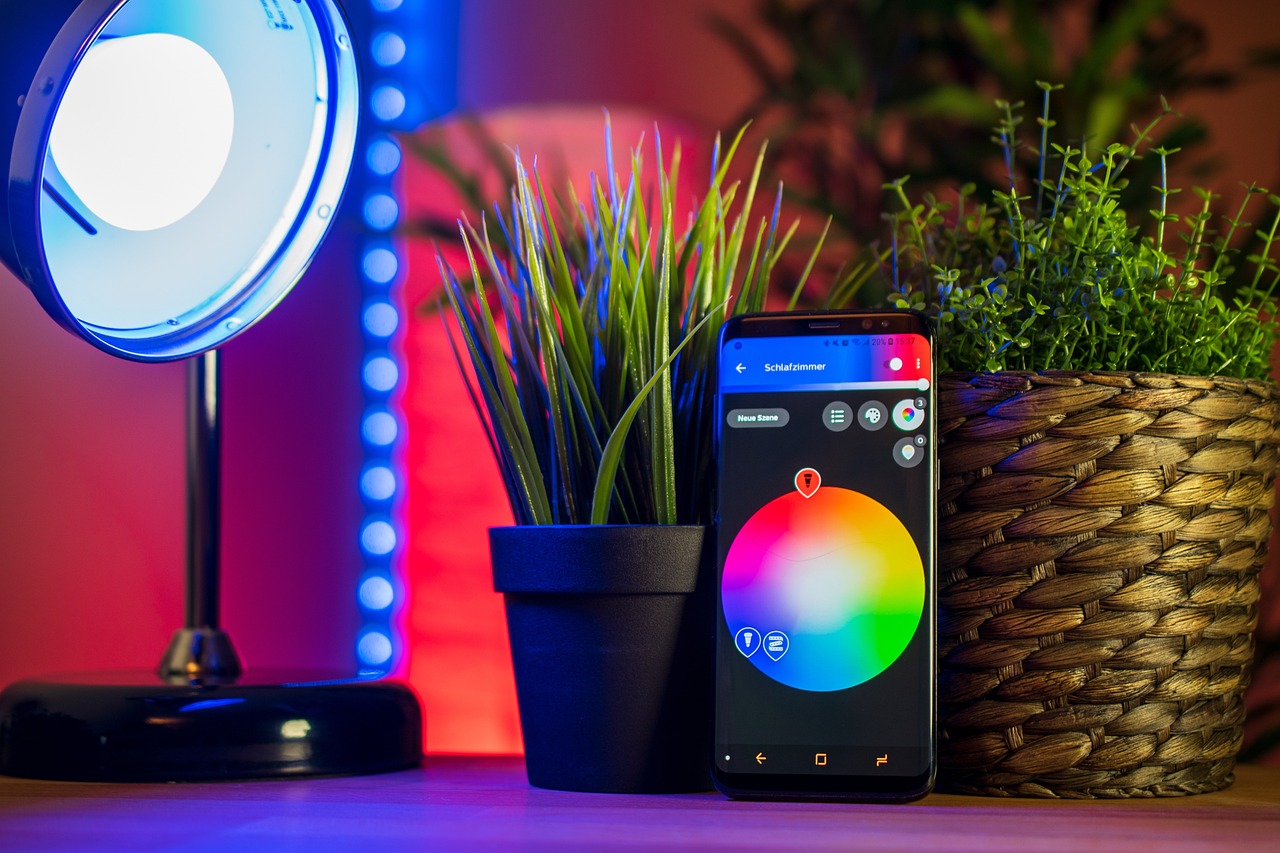
Smart Homes in India: The Rise of AI in Home Automation
- admin
- September 12, 2025
- Lifestyle Trends, Personal Technology
- 0 Comments
“Connected Living: AI’s Growing Role in Transforming Indian Homes”
Key Takeaways:
- AI-powered home automation systems are driving the rapid growth of smart homes in India.
- Consumer demand for smart home devices has surged, with affordability and convenience being key factors.
- The Indian smart home market is expected to grow exponentially in the next five years, driven by AI integration and IoT advancements.
What the Numbers Show:
- The Indian smart home market was valued at $6.5 billion in 2023 and is projected to grow at a 20% CAGR, reaching $14 billion by 2028 (Statista).
- 45% of urban households in India have adopted at least one AI-powered home automation device, up from 28% in 2020.
- AI-driven energy-saving solutions in smart homes have reduced electricity bills by an average of 25%.
- 72% of smart home users in India cite voice-controlled AI assistants as their most-used feature, according to a report by PwC.
India’s Growing Appetite for Smart Homes
The concept of smart homes is no longer futuristic in India; it is rapidly becoming mainstream. Fueled by advances in Artificial Intelligence (AI) and the Internet of Things (IoT), Indian households are embracing smart devices that promise convenience, security, and energy efficiency. With affordability improving, AI-enabled home automation systems are finding their way into middle-income households as well.
AI and Energy Efficiency
AI’s impact on energy management is a key driver of the smart home revolution. Smart thermostats and AI-controlled lighting systems adjust settings based on user habits, optimizing energy use. According to the Ministry of Power, households equipped with AI-driven energy management systems have reported a 25% reduction in electricity bills, demonstrating tangible benefits for users.
Security Takes Center Stage
Security is another area where AI is making significant inroads. Smart cameras and AI-powered doorbell systems, which can recognize faces and detect unusual activity, are increasingly popular in urban homes. A report by Frost & Sullivan highlights that 60% of Indian smart home buyers prioritize security features, with demand expected to grow as systems become more affordable and accessible.
Voice-Controlled AI Assistants Lead Adoption
Voice-controlled AI assistants like Amazon Alexa and Google Assistant are at the forefront of smart home adoption. A PwC report states that 72% of Indian smart home users interact with their devices primarily through voice commands. These assistants control everything from lights and fans to entertainment systems, making them indispensable in modern households.
Smart Home Ecosystems Expanding
Indian consumers are increasingly favoring integrated smart home ecosystems, where multiple devices work seamlessly together. Data from KPMG shows that 30% of households investing in smart homes prefer systems compatible with multiple brands, reflecting a growing demand for flexibility and interoperability.
Challenges to Adoption
While the market is expanding, challenges remain. According to Deloitte, 40% of potential buyers cite high initial costs as a deterrent, even though prices have dropped significantly over the past three years. Moreover, issues like internet connectivity, particularly in semi-urban and rural areas, limit the reach of smart home technologies.
Future Projections
The future of smart homes in India looks promising. Analysts predict that 50% of urban households will adopt AI-powered devices by 2030, driven by decreasing costs, increased internet penetration, and rising consumer awareness. Additionally, AI innovations like predictive maintenance and advanced health monitoring systems are expected to redefine home automation in the coming years.




